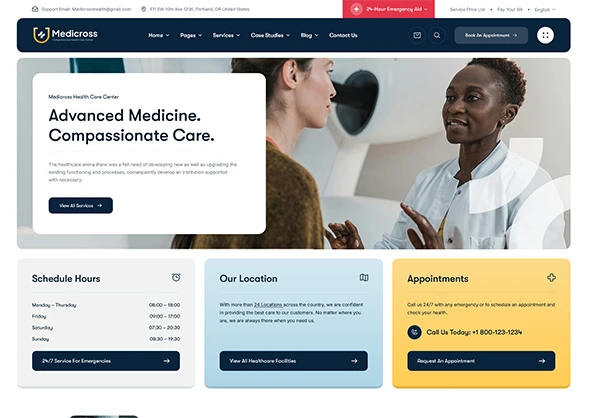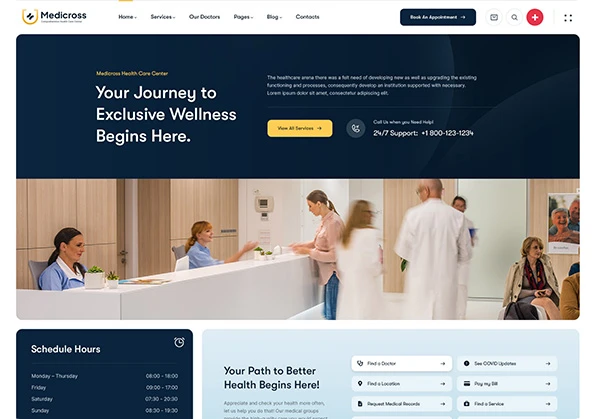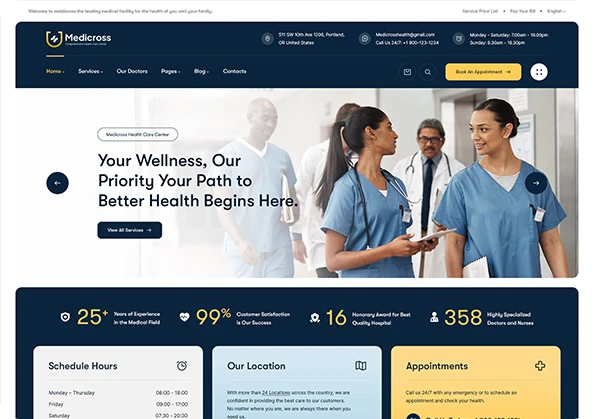- Your cart is empty Browse Shop
Cardiac Care Unit
Address: 102/A, O.R. Nizam Road, Panchlaish, Chittagong, Bangladesh
Call Us when you Need Help!
24/7 Support: 01336-359001
CCU

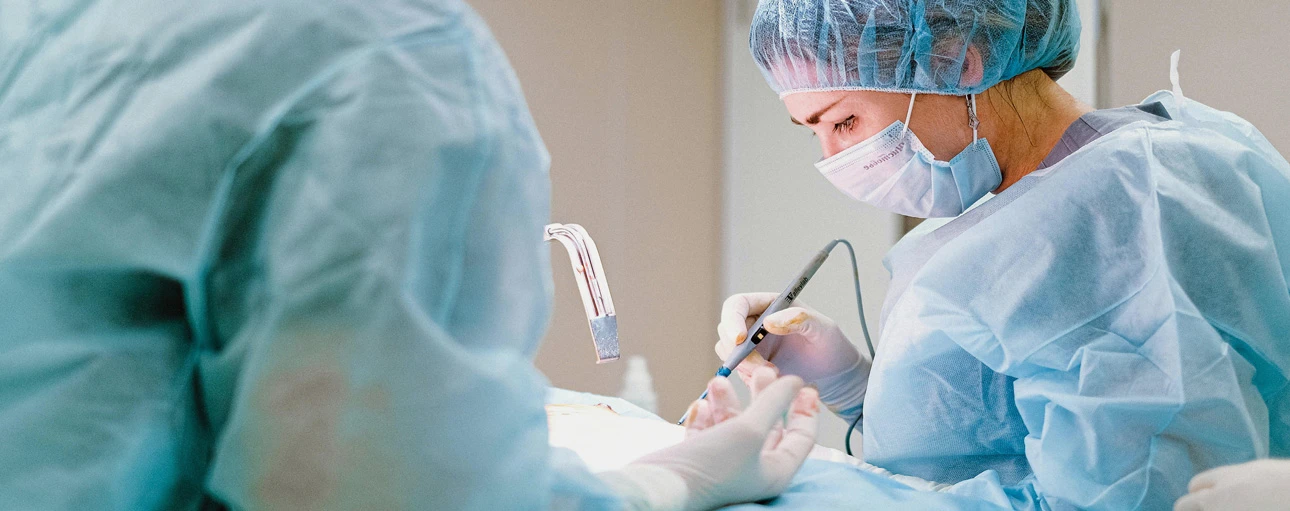
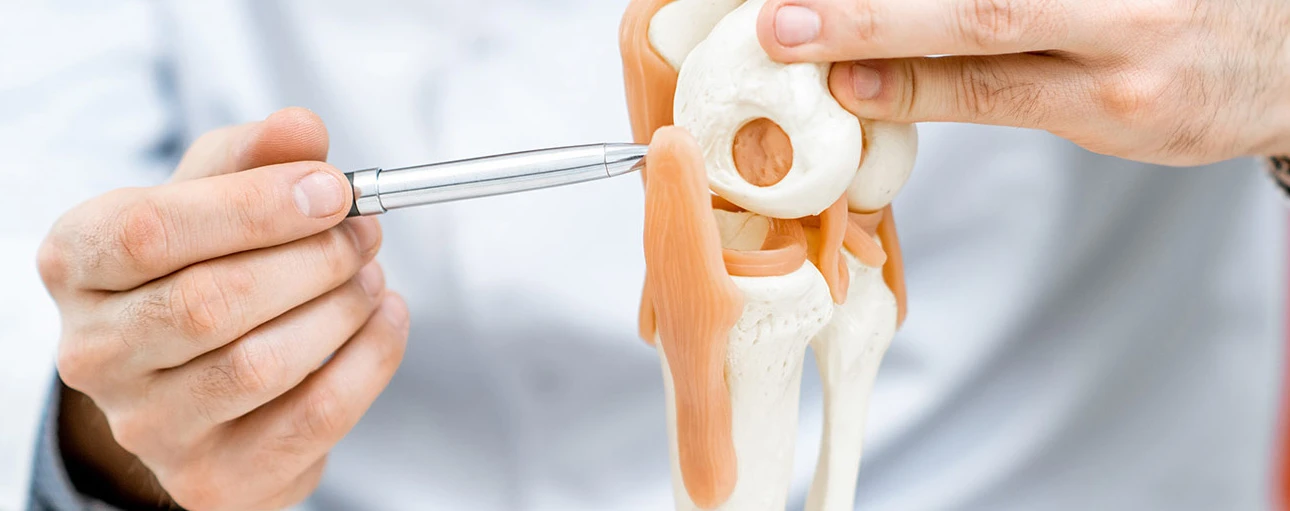
About CCU
CCU typically refers to a Cardiac Care Unit, a specialized hospital ward for patients with acute or serious heart conditions. It is also sometimes used as an abbreviation for Critical Care Unit, which is a more general term for a specialized hospital unit for patients with life-threatening illnesses.
Symptoms Encountered
In a hospital, CCU stands for Coronary Care Unit or sometimes Critical Care Unit, depending on the context. Here’s the distinction:
- Coronary Care Unit (CCU):
- Specializes in the care of patients with serious heart conditions.
- Commonly treats patients with heart attacks, severe arrhythmias, or post-heart surgery.
- Staffed with cardiologists, specialized nurses, and equipped with advanced cardiac monitoring equipment.
- Critical Care Unit (CCU):
- Sometimes used interchangeably with ICU (Intensive Care Unit), depending on the hospital.
- Cares for patients with life-threatening conditions requiring constant monitoring and support.
To determine the exact meaning in a specific hospital, it’s best to check with that facility since naming conventions can vary.
Challenges And Treatments
CCUs are high-stakes environments that blend advanced technology, specialized care, and teamwork to stabilize critically ill cardiac patients.
Common Challenges in the CCU:
- Hemodynamic Instability: Requires constant monitoring and rapid intervention.
- Arrhythmias: May require immediate defibrillation or pacing.
- Respiratory Distress or Failure
- Ventilator management and fluid balance.
- Multiorgan Dysfunction
- Heart problems may trigger kidney, liver, or brain dysfunction.
- Challenge: Requires multidisciplinary care and organ support.
- Medication Management
- Narrow therapeutic windows, drug interactions, side effects.
- Challenge: Precision dosing under high pressure.
- Infection Risk
- Due to invasive devices like catheters and central lines.
- Challenge: Prevention of sepsis and hospital-acquired infections.
- Emotional and Psychological Strain
- For both patients (e.g., anxiety, delirium) and families.
- Challenge: Requires communication, counseling, and sometimes sedation.
Common Care Protocols in a CCU
- Continuous Cardiac Monitoring
- Real-time heart rhythm monitoring for arrhythmias or ischemic changes.
- Strict Vital Sign Monitoring
- Often every 15 minutes to hourly, depending on condition severity.
- Medication Management
- Includes thrombolytics, antiarrhythmics, anticoagulants, and antihypertensives.
- Oxygen Therapy
- Administered as needed, especially during or after cardiac events.
- Nutritional Support
- Tailored diets, possibly via IV or feeding tubes, for critically ill patients.
- Daily Lab Tests
- Monitor cardiac enzymes, electrolytes, kidney function, and more.
- Multidisciplinary Rounds
- Cardiologists, nurses, respiratory therapists, and pharmacists coordinate care.

